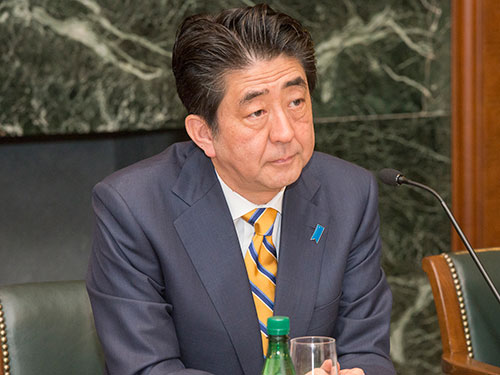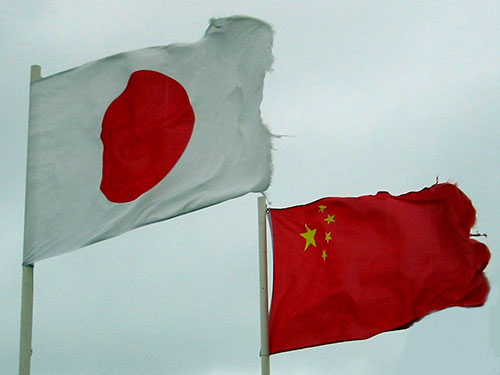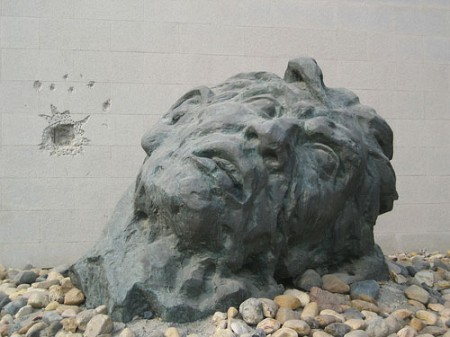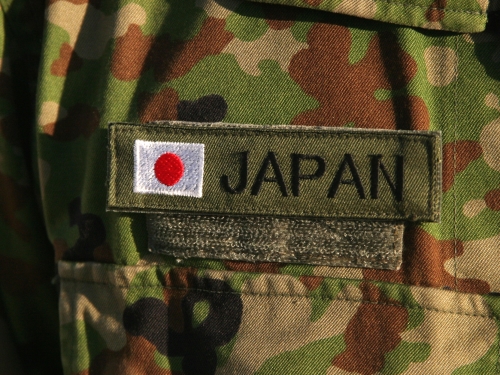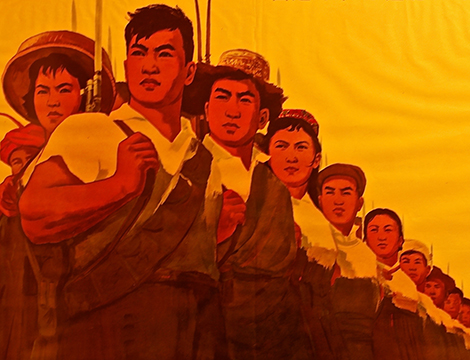
This article was originally published by E-International Relations on 31 October 2016.
The so-called history problem has long been seen by academics and pundits as a key obstacle to the improvement of bilateral relations between China and Japan. In the academic literature, the problem is typically described as consisting of a number of sub-issues related primarily to Japan’s attitude towards its invasion of China in the 1930s and 1940s, an attitude that many regard as insufficiently repentant. In this literature the meaning of the history problem tends to be understood as fixed rather than as something that changes over time. Even though numerous discussions of the problem exist and many observers agree on its importance for Sino-Japanese relations, the question of how the history problem itself is understood within Japan and China has received surprisingly scant attention. This article, by contrast, argues that while the specific sub-issues viewed as being part of the problem are indeed important, currently the most fundamental and overlooked aspect of the history problem in Sino-Japanese relations is the lack of agreement on what exactly the problem is.

